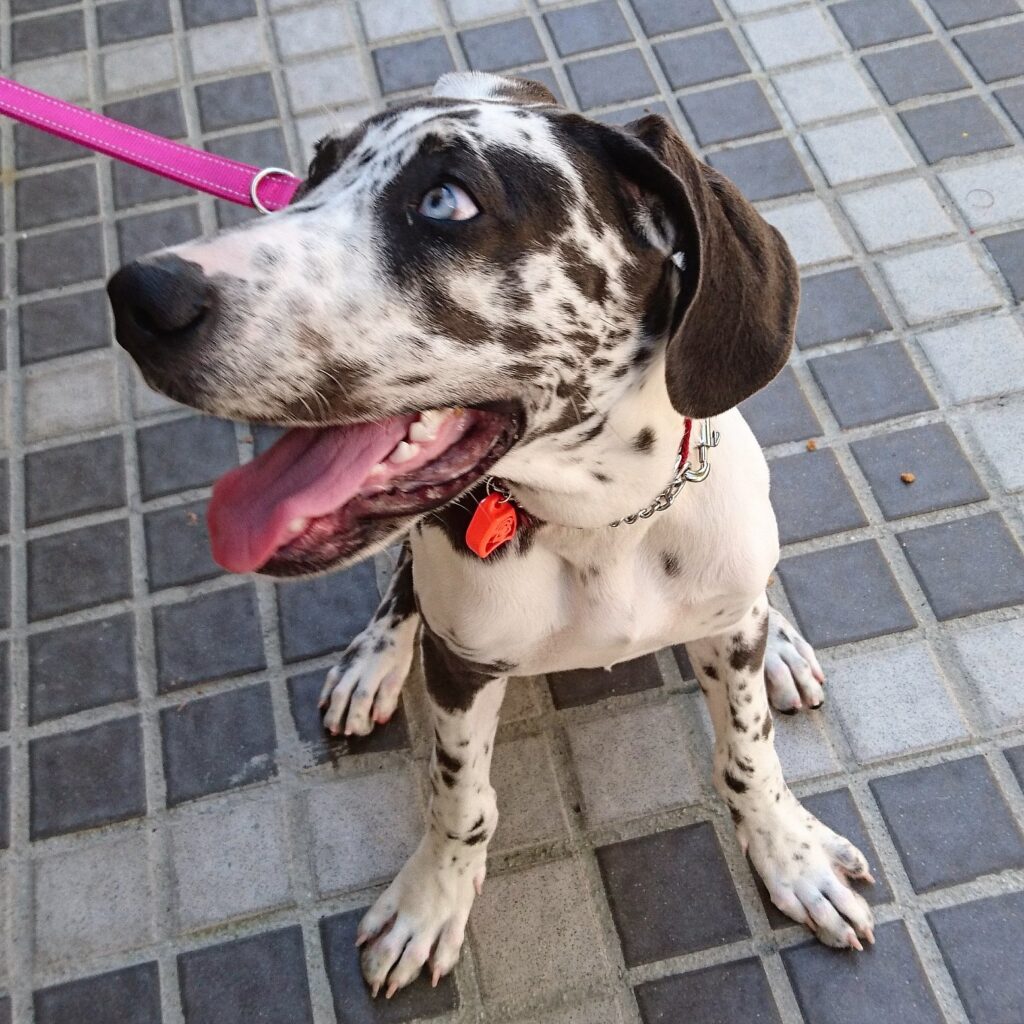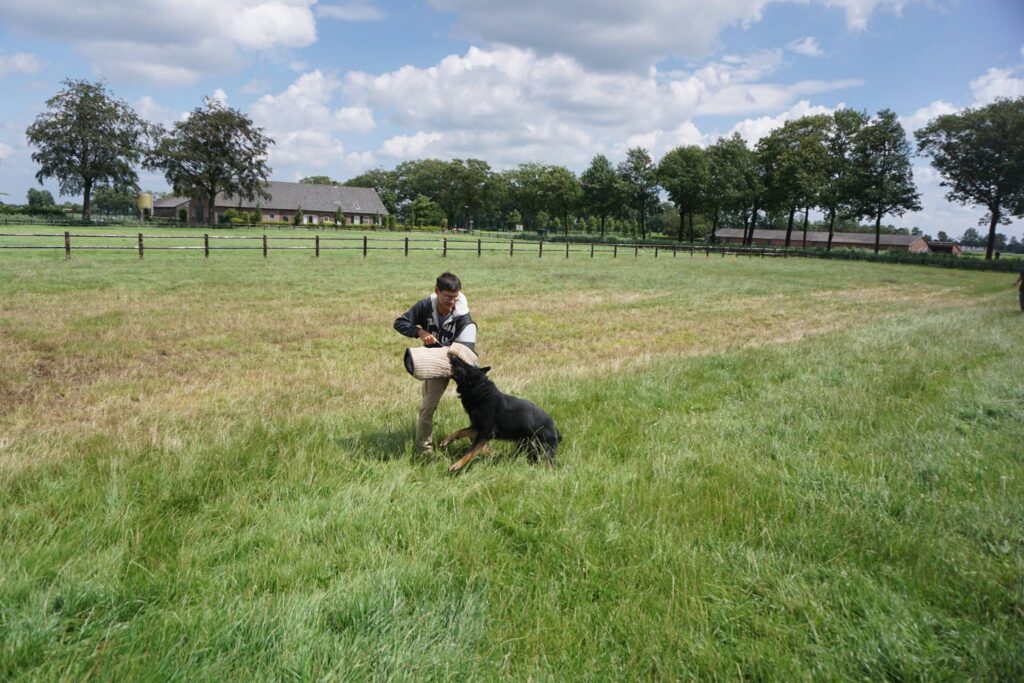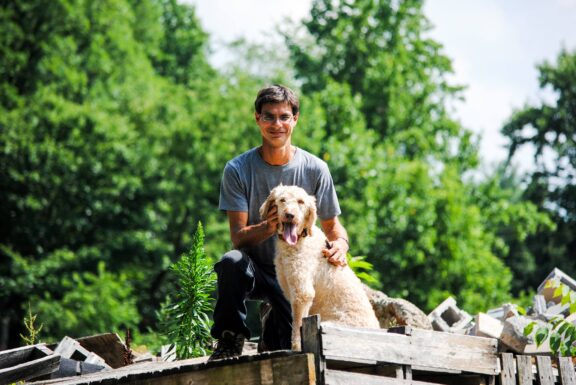At the School for Dog Trainers, we have been privileged to welcome students from across the globe. Since launching in 2006, graduates from over thirty countries have been through our programs and used our School as a springboard to make a significant difference to dog owners in their respective home nations.
Attracting prospective dog trainers from a variety of diverse backgrounds brings many benefits for both our school and our students. Each of our students has had different life experiences and unique interactions with dogs in their home country. This creates an environment where students can learn not just from our curriculum, but from each other too. With programs such as our International Scholarship, our student body continues to receive applications from around the world.
In the latest article in our Graduate Showcase series, we spoke to James Leung, Training Director at Hong Kong Canine. James holds a BSc in Environmental Studies and a certificate in Wild Animal Behavior. In addition to studying at the School for Dog Trainers, James has also trained at the Police Dogs Center in the Netherlands, receiving certification for tracking and KPNV decoy training.
In this interview, we asked James about his business, his background with dogs, and why he chose to study at the School for Dog Trainers.

Please tell me a little bit about your business, Hong Kong Canine, and the services it offers.
Hong Kong Canine (HKC) started up in 2014, shortly after completing my certified training course at Highland Canine.
Initially, the business only offered behavior modification and obedience training. Since then, more services have been added. These include:
- An advanced recall programme
- Scent detection
- A variety dog sports and activities
A nutritional service providing guidance on diet and supplementation is the latest addition.
Could you tell us a little bit about your background with dogs (growing up, prior to attending the course at Highland, etc.)?
I’ve always enjoyed the company of animals and had a number of companion animals growing up including dogs, birds, fish, and most recently cats.
I spent time training friends’ dogs for fun, but it wasn’t until after I completed my course at Highland that I committed to train professionally.
How did you first hear about the School for Dog Trainers?
I came across their website while researching courses for dog trainers.
Can you provide some insight into how your education at Highland helped you to start your own business? How do you use what you learned at Highland in your day-to-day business activities?
One of the reasons I chose Highland is the comprehensive business module that was included as part of the curriculum. It provided a solid foundation and has certainly helped me to better understand how to grow the business.
What I learned about marketing and customer service was particularly useful.

How easy (or difficult) did you find it to transition to running your own business?
Gaining any traction at the beginning was a slow process. The experience gained from a previous business was a good lesson in patience!
What is your favorite aspect of running your own business?
The freedom to make decisions and steer the business in, hopefully, the right direction.
Are there any major differences between dog owners in Hong Kong and dog owners in the United States (in your experience)?
Yes, there are certainly cultural differences in how dogs are perceived. However, over the last 5 years or so that has narrowed considerably as information on dog behavior, care and training has become more readily available.
One of the biggest challenges dog owners face in Hong Kong is the general lack of space that’s made available to dogs.

Today's students at Highland are graduating into an industry which is experiencing significant year-on-year growth. This obviously has many positives, but it also makes it a very competitive industry to be successful in. Do you have any advice for graduates from Highland who are thinking of starting their own business in this industry?
Working and gaining experience from a well established dog training organization at both the front and back-end of a business would be at the top of my list. It can be a steep learning curve starting a new business from scratch, and at times, that can be both frustrating and costly.
Try and figure out the pitfalls of a business with minimal financial investment. Some people might find training dogs rewarding, but running a business simultaneously a lot less enjoyable.
What are your future aspirations for Hong Kong Canine?
To expand the services offered and to help educate and generate greater interest in animal welfare and behavior.

